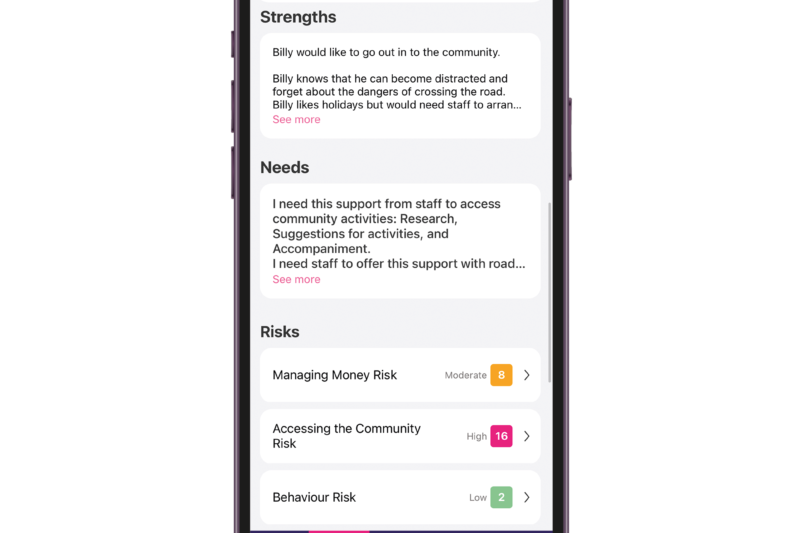As of April 2023, the CQC introduced a new way of rating services in the health and social care sector. The new data-driven approach is designed to place people’s experiences at the heart of regulation and assessment.
So, what does this mean for care providers and how can your business navigate these changes with ease? Our care quality consultants are here to help. Keep reading to learn more about what the new CQC inspections mean for care providers and how we can support you.
The new CQC single assessment framework
The CQC regulates and inspects social care providers to ensure the care provided is safe, effective, caring, responsive and well-led. To streamline the assessment process, the CQC recently created one single assessment framework. This means that The Key Lines of Enquiry (KLOEs) have been retired and replaced by a set of topic areas and quality statements. The new assessment framework contains one overall set of expectations to establish a clear understanding of what constitutes ‘quality’ care and ‘good’ service. All providers will be judged based on whether they function above or below this level.
Why were these changes made?
The assessment framework was changed to simplify the assessment process for care providers and focus on what really matters to people. The new process reduces any duplication, allowing them to focus on specific topic areas under each key question. The changes also better reflect how care is actually delivered by different types of service, as well as across a local area.
Key considerations for success
It’s important to understand how these changes affect the regulation and inspection of your organisation to determine your overall rating. The five focus areas for CQC inspectors are as follows:
1. A single assessment framework. Works as a pyramid with five key questions at the top.
2. Quality statements and topic areas. Care providers must provide quality ‘we statements’ and evidence to show what person-centred care looks like from the inside.
3. Different types of inspections. In addition to site visits, the CQC will also assess the quality of care through other types of inspections such as contact with service users, conversations with managers and other leaders and provider submissions.
4. Changes to inspection frequency. Based on quality concerns and risk assessment, the CQC will establish their inspection frequency accordingly.
5. Improved turnaround time. To reduce any stress associated with a long turnaround time, the reporting process will be sped up.
How can our Care Quality Consultants help?
If certain standards are not met, the CQC will take appropriate action to ensure the care provided meets the regulatory requirements which can affect your business operations. Our Care Quality Consultants can help you understand and prepare for the new assessment so that you pass with flying colours. Our mock CQC inspectors understand the ins and outs of CQC inspections so that you can ensure you’re complying with the latest guidelines, identify areas for improvement, and get on track for a ‘good’ or ‘outstanding’ rating.
Get in touch
If you’re looking to optimise your business operations and put your best foot forward for your next CQC inspection, we are here to help. Please do not hesitate to get in touch here or give us a call on 01704808164. Our friendly team would be pleased to provide more information or answer any of your questions.




